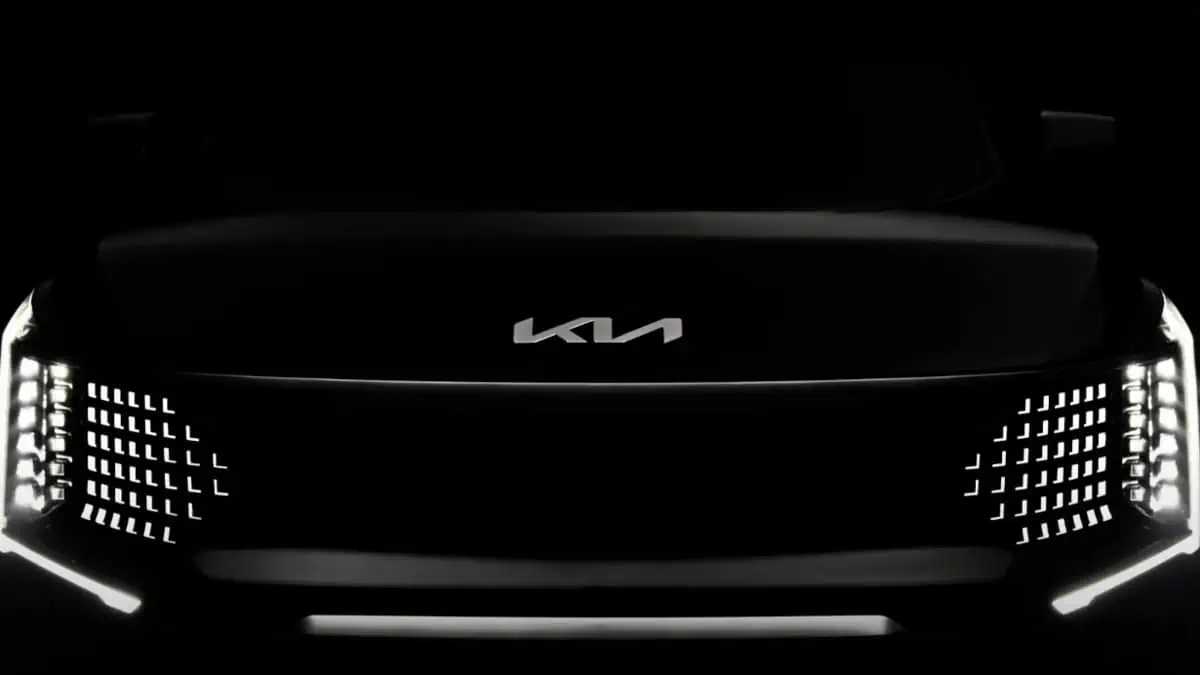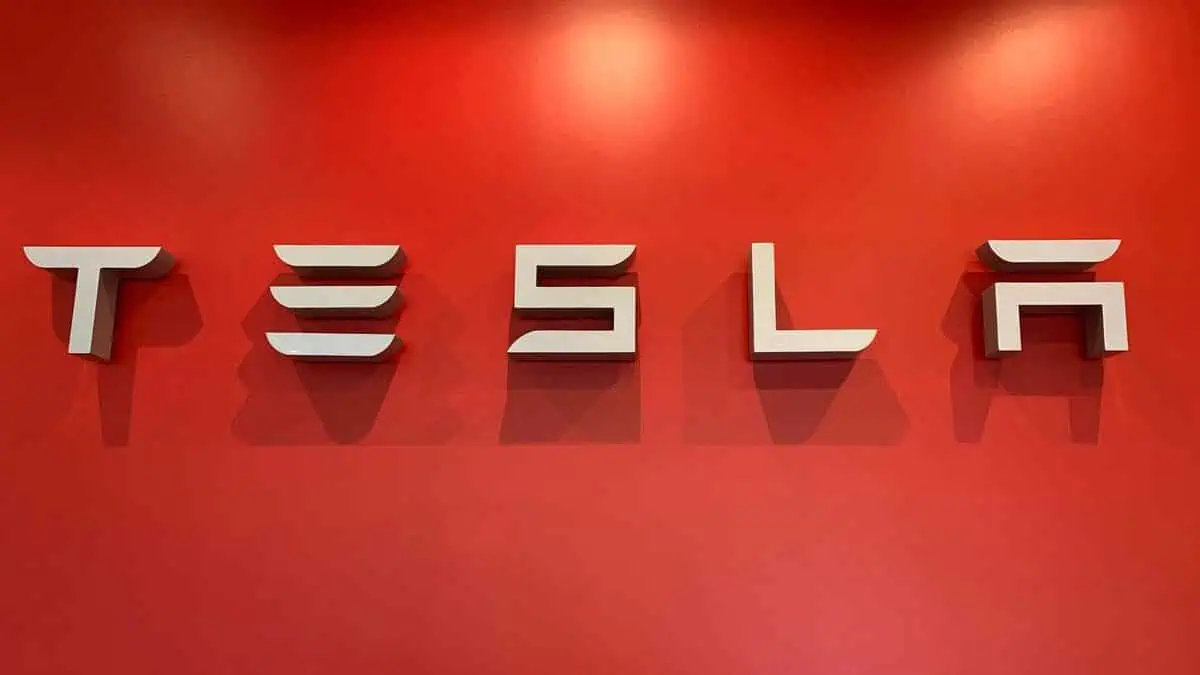South Korean automaker Kia has just kicked off the production of its first US-made electric vehicle model, the EV9, in Georgia. The move will finally enable the brand to benefit from the federal tax credits of up to $7,500 in the US market.
Kia starts production of all-electric EV9 in Georgia
According to the press release, Kia’s Georgia assembly plant in West Point officially started production operation of the new 2025 EV9 three-row SUV on Thursday.
The electric SUV adds to the current lineup of non-electric vehicles undergoing production at the West Point facility, including the award-winning Telluride, Sorento, and Sportage SUVs.
As mentioned, this significant milestone gives the 2025 Kia EV9 access to federal tax credits under the Inflation Reduction Act in the US.
In addition, it will join the small group of American-made three-row electric SUVs in the US market, including the Rivian R1S and Tesla Model X.
“I congratulate Kia Georgia on this huge milestone reached less than two years after the enactment of made-in-America manufacturing incentives we passed into law.”
U.S. Senator for Georgia Jon Ossoff
About the Kia EV9
Kia currently produces the EV9 at its Autoland Gwangmyeong factory in South Korea. Kia planned to produce 50,000 first-model-year units at this facility. It will then diversify production abroad starting this year.
In the US, the Kia EV9 offers five trims and a six or seven-seat layout. It also has two battery capacity options, including the 76.1-kilowatt-hour battery and the larger 99.8 kWh battery. The smaller battery pack enables an EPA-rated driving range of 230 miles, while the larger option delivers up to 304 miles on RWD configuration.
The Kia EV9 received significant recognition for its driving range and performance from early reviewers. However, its expensive sticker price discourages many customers from buying it.
Kia EV9 set to become less expensive for US buyers
Despite the cutting-edge features and strong performance of the Kia EV9, its high cost continues to prevent American customers from acquiring it.
The entry-level rear-wheel-drive version with the 76.1 kWh battery costs $54,900, while the GT-Line AWD with the larger battery costs $73,900.
In a significant development, it is expected to qualify for the full tax credit of $7,500 by 2025. Hyundai–SK and Hyundai-LG Energy Solution battery factories are set to launch operations in Georgia. Therefore, we can expect the Kia EV9 to initially qualify for half the federal tax credit and later access the full amount once the battery plants go live.






